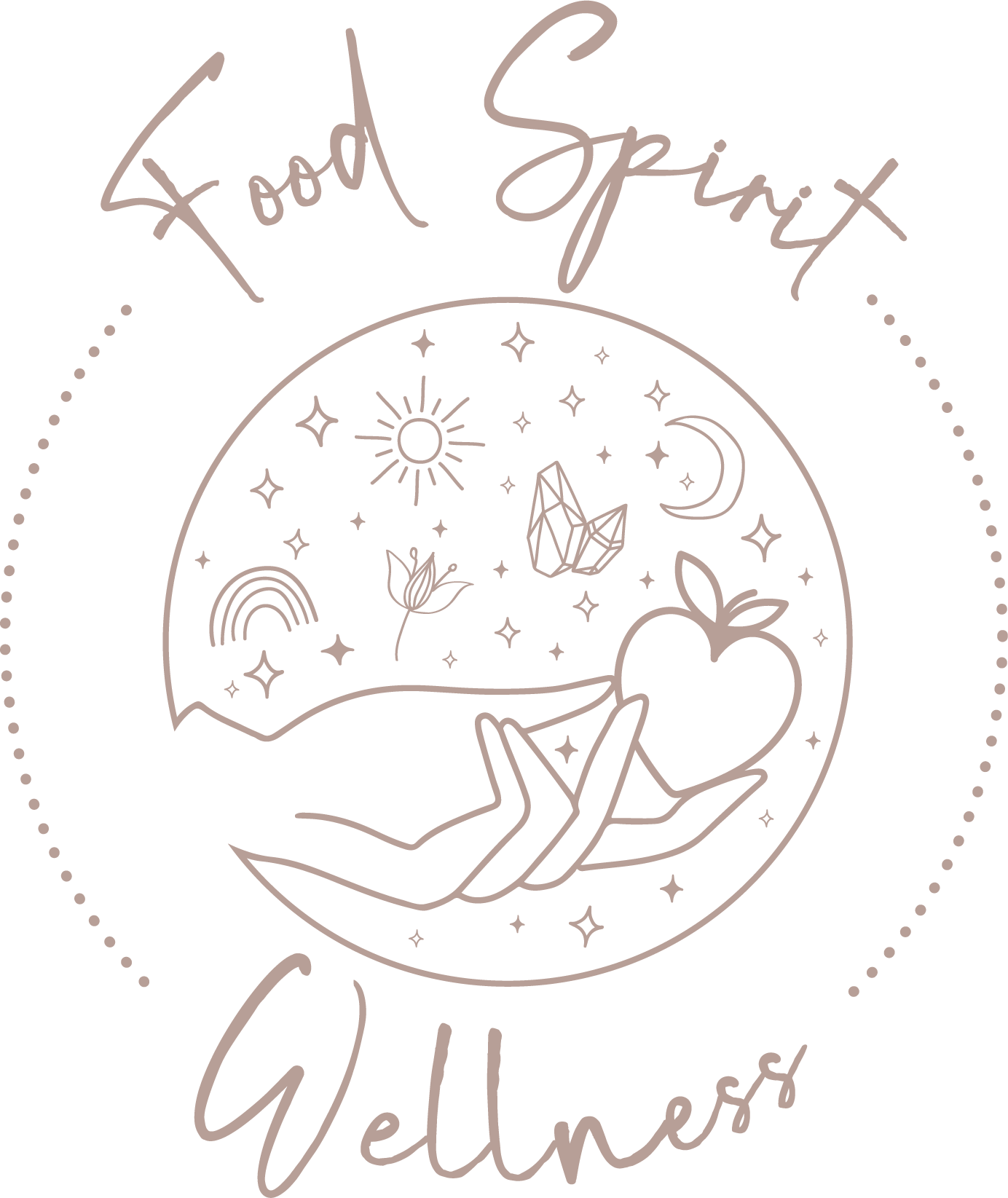You’re Not Doing It Wrong—You’re Just Missing This One Piece About Bloating
You’ve cut out gluten, gone dairy-free, tried intermittent fasting, drank all the celery juice, you’ve bought the probiotics, eliminated "trigger foods," and still, the bloat hits.
And not just any bloat.
It shows up fast—within 30 minutes of eating—and leaves you uncomfortable, puffy, and asking yourself (again), “What did I do wrong this time?”
If this sounds like you, I want you to hear this loud and clear: you’re not broken, and you haven’t failed. Your body is wise. And if it’s bloating so soon after eating, there’s a very specific reason why.
Quick-Onset Bloating? It’s Likely a Digestion Issue—Not Your Food Choices
When bloating hits within an hour of eating, it usually isn’t about food sensitivities or carbs or fiber or fat.
It’s often about your stomach acid.
Most women I work with are shocked to learn that low stomach acid—not too much—is one of the biggest hidden causes of digestive discomfort, especially the kind that happens quickly after meals.
The Truth About Low Stomach Acid (Hypochlorhydria)
Stomach acid is your digestive system’s first responder. It’s meant to:
Break down protein
Kill off harmful pathogens
Signal the pancreas and gallbladder to release enzymes and bile
But when stomach acid is too low, your food just sits there. It ferments and putrefies instead of digesting properly—and that’s what causes gas to build up in the stomach, creating that tight, bloated feeling almost immediately after you eat.
And yes, this still happens even if you’re eating “clean.”
Why This Is Often Misunderstood
You might be told you have acid reflux and prescribed antacids or PPIs, which further lower stomach acid and worsen the root problem. Or maybe someone suggested enzyme supplements or probiotics—which help in some cases—but if they didn’t touch your symptoms, it may be because you never addressed the very first step in digestion: acid production.
Could It Be Something Else, Like Pancreatic Insufficiency?
Maybe. But the timing matters.
Pancreatic insufficiency tends to cause bloating and discomfort several hours after a meal, not immediately. If your bloating happens quickly, the more likely culprit is hypochlorhydria.
So, What Can You Do?
Here’s a compassionate, deeper-cause approach to explore:
1. Pause the food-blaming. You don’t need another elimination diet.
2. Stop drinking large amounts of water with meals. It dilutes stomach acid.
3. Try adding digestive support—like apple cider vinegar, digestive bitters, or working with a practitioner to trial HCl (under supervision).
4. Eat slowly and mindfully. Chewing well is the first signal to your gut to produce acid.
You’re Not Alone—and You’re Not Crazy
If you’ve tried everything and still feel bloated, uncomfortable, or just off, I want to invite you to look beyond the surface.
This is not about restriction or discipline—it’s about restoring what your body truly needs to feel safe and supported.
And often, that starts not with another supplement or stricter eating plan, but with rebuilding the foundation of digestion, starting with something as simple—and as powerful—as stomach acid.


